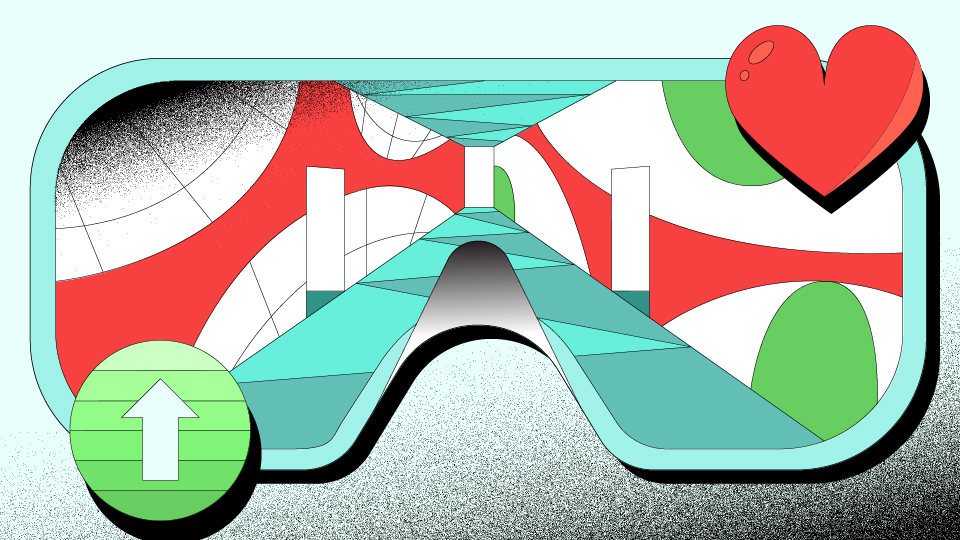Originally published at AW360 by Alistair Bryan.
For too long healthcare advertising and marketing has traditionally been one of the most hidebound ecosystems in our industry. Heavily regulated, healthcare marketers have never veered too far from the old playbook. The digital technology revolution of the past decade globally has transformed consumer expectations across all marketing verticals including healthcare. The new generation of healthcare consumers
Instead healthcare marketers must adapt to this changing paradigm in a way that will create better, more lucrative outcomes for everyone in the healthcare journey: doctors, pharmaceutical companies and, of course, patients. History has proven kinder to those who get ahead of change instead of keeping their heads in the sand. Healthcare marketers in 2019 and beyond have the opportunity to shift to a more purpose-driven, proactive, information and data-centric approach to wellness and care and in doing so create a more memorable experience to drive action.
As part of this new expansive paradigm for patient care, marketers must also be willing to experiment with unfamiliar marketing modalities like experiential advertising. Can experiential advertising truly play a more prominent role? Yes, through live, brand-sponsored experiences healthcare marketers can establish stronger relationships with customers.
There is already evidence that experiential advertising works in a healthcare context in the B2B realm as much as it does in the B2C arena. For example, ahead of a drug launch to treat multiple sclerosis, pharmaceutical company Merck Serono created a powerful VR, AR, Mixed Reality Experience in the UK whereby healthcare professionals were given the opportunity via the technology to have a tactile, physical and psychological experience that simulated what it would be like to suffer from MS.
Debuting at a renowned MS conference in Paris, The MS Inside Out Experience, featured multiple rooms devised to simulate the effects of MS. One area’s floors were softened and made uneven. One set-up invited participants to put their hands on a surface that emitted strength-sapping electrical pulses. Participants were also asked to make a simple breakfast with props that were slightly too big or slightly too heavy, causing them to struggle.
The visceral nature of the experience deepened MS treatment healthcare professionals’ understanding of what their patients must go through. A post-event survey of participants revealed that nearly 80 percent said the experience improved their medical knowledge of MS while 95 percent said that it elevated their holistic understanding of the chronic illness.
This Merck project brings into sharp relief the power of empathy, which is the secret sauce of experiential advertising. This example shows that focusing on functional, rational messaging to drive B2B brand preference is now simply table stakes. Meeting emotional needs truly drives customer choice in B2B just like it does in B2C.
A truly new, expansive paradigm for healthcare marketing is emerging and unfamiliar marketing modalities like experiential advertising are coming to the fore. And for every progressive company like Merck, there are many more who are still relying on traditional methods. Experiential advertising is being transformed by new technologies like VR but it is also being powerfully shaped by the data-driven technology model that is driving change and growth in marketing on an omnichannel level.

